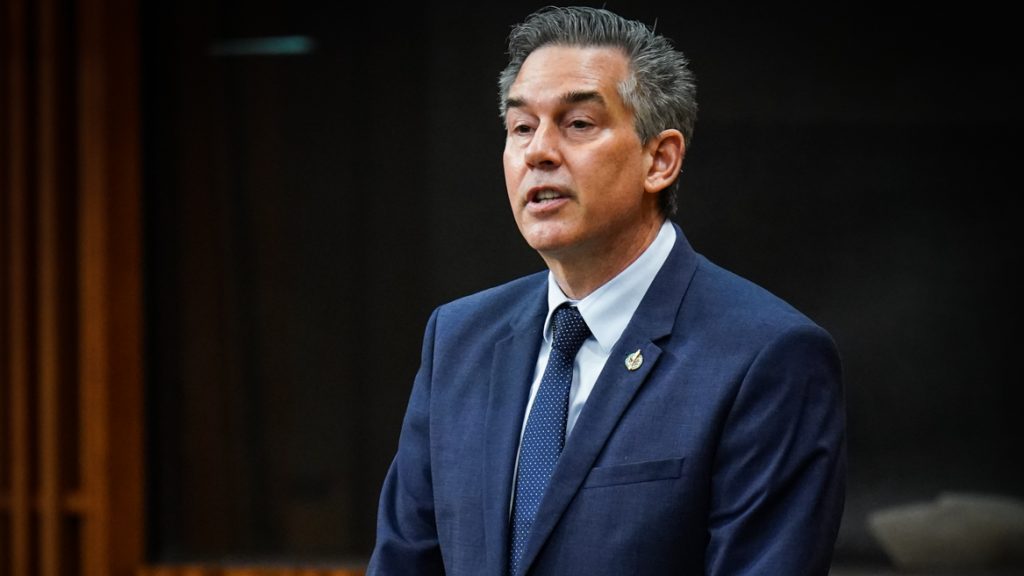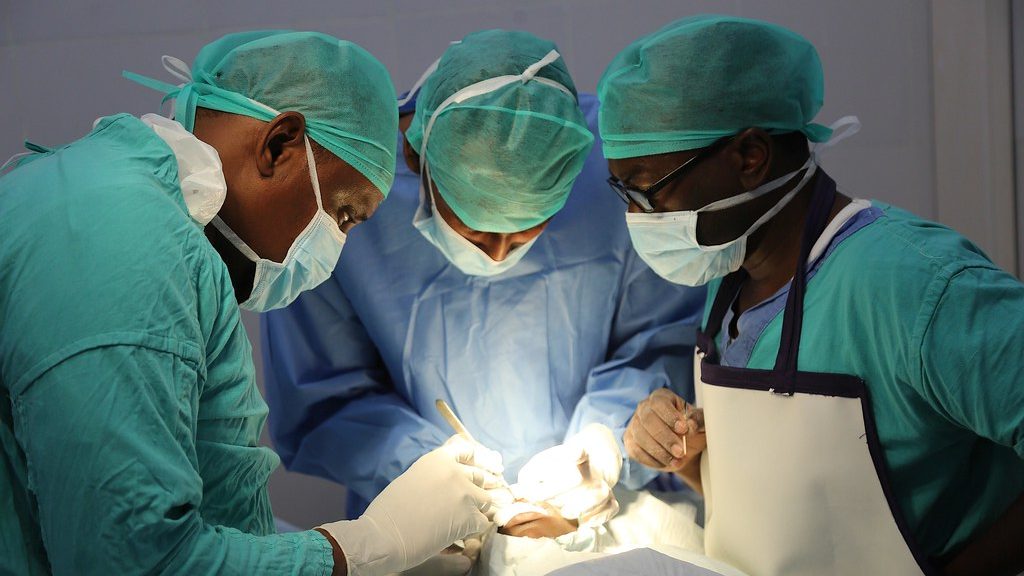Media report: Australian troops investigated for allegedly cutting hands off dead Afghan
Posted Aug 30, 2013 03:50:09 AM.
This article is more than 5 years old.
CANBERRA, Australia – Australian special forces troops are under investigation for allegedly cutting off the hands of at least one dead insurgent in Afghanistan, a national broadcaster reported Friday.
The hands were brought back to the Australian base in Tarin Kowt in Uruzgan province to be fingerprinted after a battle in which four insurgents were killed, Australian Broadcasting Corp. said.
The Australian Defence Force confirmed that it is investigating “an incident of potential misconduct” during a combined operation of the Afghan National Security Forces and Australia’s Special Operations Task Group in Zabul province in April, but didn’t provide details.
The combined Afghan-Australian operation had been targeting an insurgent commander responsible for an insurgent network operating in and around Uruzgan province, the statement said.
“Following the mission, an incident of potential misconduct was raised through the ADF’s internal command chain,” the ADF said.
Australian troops are required to take fingerprints and eye scans of very insurgent they kill, if it is possible to do so. Troops are equipped to conduct these investigations in the field. The information is then compared to a growing national biometric data base of insurgent suspects in an effort to identify them.
ABC did not report why the hands were not fingerprinted at the scene of the battle.
The report said that an investigator from the Australian Defence Force Investigative Service — a branch of the military — told troops during a briefing that it didn’t matter how the fingerprints were taken and that chopping off the hands of the dead and bringing them back to base was acceptable.
The mutilation or mistreatment of dead bodies can be a violation of the laws of war.
John Blaxland, a researcher at Australian National University’s Strategic and Defence Studies Center, said if the allegations were true, the behaviour was an aberration of the high standards the Australian military had maintained during more than a decade in Afghanistan. Blaxland said it was possible that a “temporary exception” from procedures had been allowed in the case of “a high value target.”
Defence analyst Allan Behm said such a “direction would have to be cleared at the very highest levels.” He said the allegations amounted to prima facie case of a breach of the rules of law.
Neil James, executive director of the Australian Defence Association, an influential security think-tank, said the alleged actions might have been justified by the circumstances and that it shouldn’t be equated with the 2011 case of a group of U.S. Marines urinating on the bodies of dead Taliban fighters.
“If it occurred, it would be unusual. It would not necessarily be illegal,” James told ABC.
Australia has 1,550 troops in Afghanistan and is the biggest contributing country outside NATO. Australia has contributed the largest number of elite special forces to the campaign after the United States and Britain.
Prime Minister Kevin Rudd said he had confidence in Defence Force Chief Lt. Gen. David Hurley to investigate the allegations.










